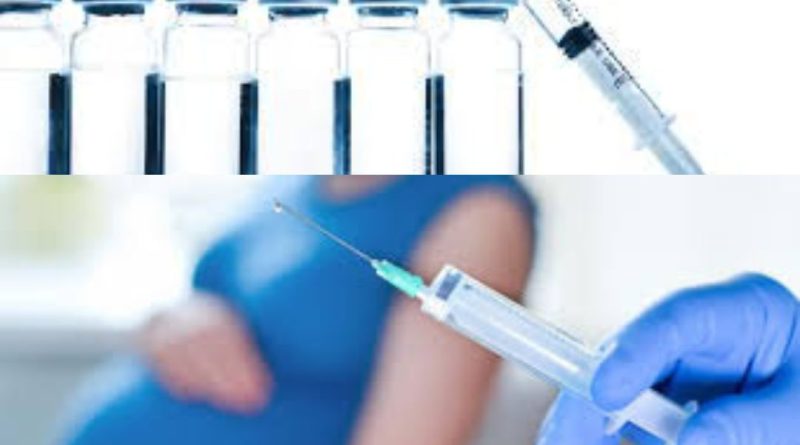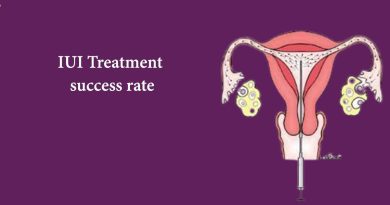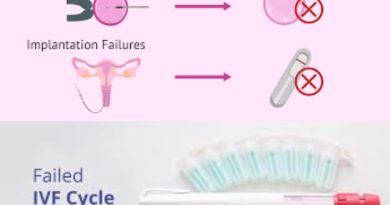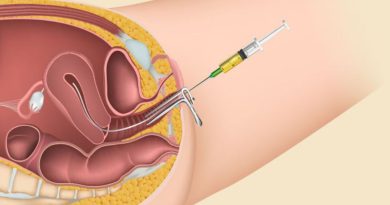IVF Injection: What are the Different Types?
IVF injections are crucial in acquiring both quality and quantity of eggs. These medications enable your doctor to regulate ovulation from the onset of treatment. Throughout the ovulation phase, regular monitoring via ultrasound scans and blood tests, focusing on estradiol levels and egg development, is conducted until maturation. These observations aid the doctor in making essential dosage adjustments as needed.
What Is IVF Treatment?
In Vitro Fertilization, commonly referred to as IVF, is a fertility treatment involving the combination of eggs and sperm outside the body within a laboratory dish. Following fertilization, the resulting embryos are transferred to the woman’s uterus with the aim of potential implantation and achieving pregnancy. IVF is frequently advised for individuals or couples encountering diverse fertility obstacles, such as blocked fallopian tubes, male infertility, advanced maternal age, or unexplained infertility.
Importance Of IVF Injection During the IVF Procedure
During the IVF treatment, IVF injections possess several purposes. Below are some of the most important benefits of IVF injections:-
- It encourages the growth of a sufficient number of high-quality and mature eggs, thus increasing the chances of success.
- IVF injections trigger ovulation at the appropriate time. This is crucial for synchronizing egg retrieval procedures, optimizing the IVF treatment process.
- GnRH agonist injections are also given to suppress ovulation and thin the uterine lining before preparing it for Frozen Embryo Transfer (FET). This step is essential to minimize potential issues with implantation and increase the likelihood of pregnancy.
Note- How many injections for IVF treatment and type of injections required during IVF treatment vary for each individual. The specific medication and dosage are tailored to each patient’s unique circumstances.
Your doctor will select the appropriate type of injections and treatment plan based on factors such as your age, body weight, ovarian reserve, previous response to stimulation, and whether you have conditions like polycystic ovary syndrome (PCOS) or poor ovarian response. It is essential to devise a personalized protocol for each patient.
Different Types of IVF Injection
There are different types of IVF injections, below we have tabulated the crucial types of injection used during the IVF treatment.
Type Of IVF Injection | Description |
Follicle-Stimulating Hormone (FSH) Injections | It stimulates the growth and development of multiple follicles within the ovaries. An FSH injection can be self-administered. You doctor may advice you daily adminstartion on FSH injection for 8-12 days. |
Human Menopausal Gonadotropin (hMG) Injections | hMG injections combine FSH and LH to promote follicle growth and facilitate ovulation. Like FSH injections, hMG can be self-administered. |
Menopur Injection | Menopur combines FSH and LH to stimulate follicle development, enhancing the chances of IVF success. Administered subcutaneously, it may cause mild discomfort. Potential side effects include headaches and bloating, usually transient compared to benefits. |
Progesterone Injections | Progesterone prepares the uterine lining for embryo implantation post-egg retrieval and fertilization. Administered intramuscularly or through vaginal suppositories, it may cause irritation and breast tenderness, outweighed by its benefits in supporting pregnancy. |
Gonadotropin-Releasing Hormone Agonists (GnRH Agonists) | GnRH agonists suppress natural hormone production, preventing premature ovulation and optimizing egg retrieval timing. Side effects may include hot flashes and mood swings, yet their role in IVF is invaluable. |
Lupron Injection | Lupron temporarily suppresses natural hormone release, preventing spontaneous ovulation during the IVF cycle. Mild side effects like hot flashes may occur, diminishing upon cessation. |
Lupride Injection | Lupride, another GnRH agonist, offers an alternative to Lupron, with milder side effects and easier administration. Patient preferences and medical history often influence the choice between Lupron and Lupride. |
Gonadotropin-Releasing Hormone Antagonists (GnRH Antagonists) | GnRH antagonists act rapidly to prevent premature ovulation, offering shorter duration and potentially fewer side effects compared to agonists. |
HCG Injection | HCG injection supports the embryo implantation stage by mimicking the hormone produced by the embryo, signaling its presence in the mother's body. It helps prepare the uterine lining and fosters an optimal environment for fetal development. |
How Many Injections are Required for IVF Treatment?
During IVF treatment, medications are administered via injections, either subcutaneously or intramuscularly. The quantity of injections varies based on factors such as ovarian reserve and age, with patients typically needing 1 to 2 injections daily according to their treatment plan.
The IVF injections contain hormones like follicle-stimulating hormone (FSH) and luteinizing hormone (LH), crucial for fostering the development of mature follicles and eggs in the ovaries.
The number or IVF injections scheduled during an IVF cycle depends on individual factors and treatment preferences. Below listed factors may influence the number of injections required during the IVF treatment.
- Age: Older women may require more eggs for successful IVF, potentially necessitating additional injections.
- Ovarian Reserve: Egg retrieval success correlates with ovarian reserve; a higher reserve often entails fewer injections.
- Medical History: Complex medical histories or fertility issues might warrant more injections for improved outcomes.
- IVF Approach: Treatment methods also impact injection requirements; for instance, using donor eggs may involve injections and hormone replacement tablets due to the utilization of fertilized eggs.
During ovarian stimulation, the doctor will continuously monitor various aspects such as follicle growth, growth rate, follicle count, and timing for the trigger injection. This meticulous observation aims to optimize egg maturation, ensuring the retrieval of the maximum number of mature eggs.
To know more about IVF and it cost read our other blog IVF Cost in Delhi NCR. If you are searching for the best centre for IVF in India then click on “Best IVF Centre In India“.



